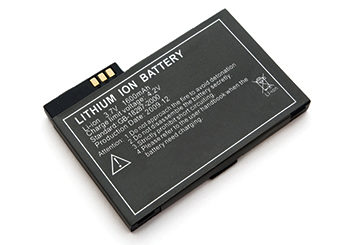UN agency bans lithium batteries as cargo on passenger planes

Photo: Coprid/iStockphoto
Washington – The United Nations’ International Civil Aviation Organization has banned all shipments of lithium-ion batteries as cargo on passenger planes because of possible fire risks.
The ban is scheduled to go into effect April 1 and applies only to bulk shipments of the batteries, which are found in portable electronic devices such as cell phones and laptop computers. Passengers will be permitted to travel with their personal devices as usual.
ICAO’s announcement arrived less than two weeks after the Federal Aviation Administration issued a safety alert to airlines regarding lithium-ion batteries. In its alert, FAA asked all domestic and international passenger and cargo airlines to conduct a safety risk assessment to “manage the risks associated with transporting lithium batteries as cargo.”
Several aircraft manufacturers such as Boeing and Airbus have echoed the warnings. In July, Boeing issued guidance that warned its passenger airline customers about the dangers associated with cargo shipments of lithium batteries.
“Safety is always our most fundamental priority in international civil aviation,” ICAO Council President Dr. Olumuyiwa Benard Aliu said in a press release. “This interim prohibition will continue to be [enforced] as separate work continues through ICAO on a new lithium battery packaging performance standard, currently expected by 2018.”
Post a comment to this article
Safety+Health welcomes comments that promote respectful dialogue. Please stay on topic. Comments that contain personal attacks, profanity or abusive language – or those aggressively promoting products or services – will be removed. We reserve the right to determine which comments violate our comment policy. (Anonymous comments are welcome; merely skip the “name” field in the comment box. An email address is required but will not be included with your comment.)

